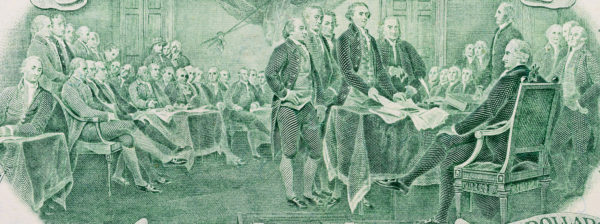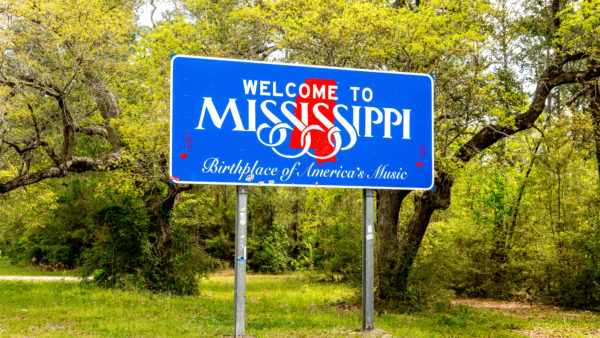
Archives


Coronavirus Calls for Technology Surge in Education

Our Way of Life is Worth Preserving

Budget Cuts Will Lead to Educational Regression

Mississippi Misfortunes and Where to Rebuild

Government Schools Vs. Independent Schools

Is Reform Achievable?

Progressivism Fails to Clear the Gap

Mississippi Should Take Education Head On

Democratic Presidential Hopeful Michael Bloomberg Supports Charters

Magnolia State Has Opportunity to Soar to the Top

Education Must Be Run Locally

The Cockpits of our Economy

We Will Tell You How to be Innovative

Needle in a Haystack: School Innovation

Innovative Leadership: An Emptiness In Public Education

Why Only One Type of School?

Knowledge and Civics: A Guide to a Responsible Citizenry

Nation’s Report Card Shows Decline
